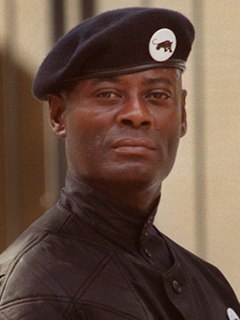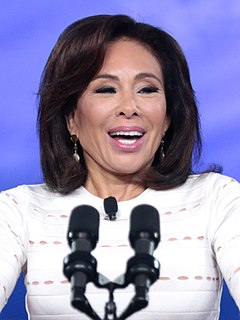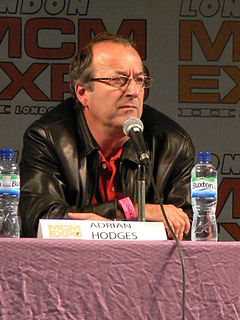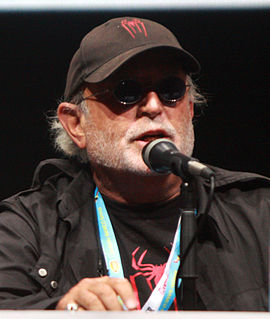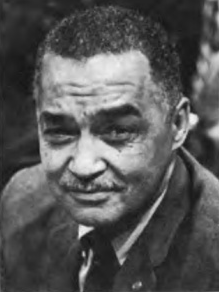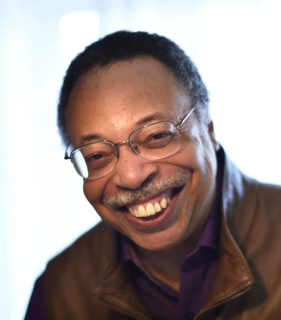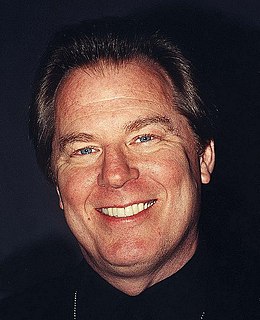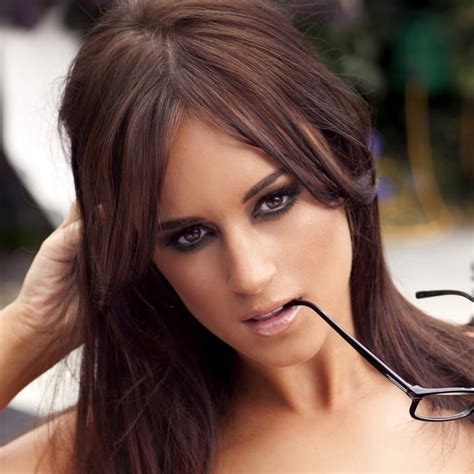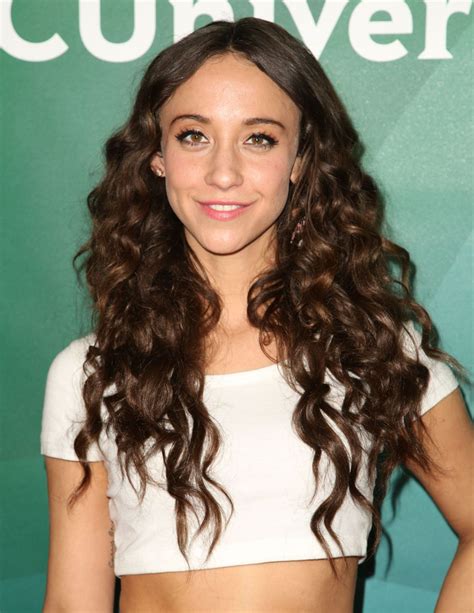A Quote by Khalid Abdul Muhammad
Some people have said Brother Khalid was a villain, but we know he was a victim in a world that is evil. Racism and injustice are the real villains here.
Related Quotes
A man of God has many brothers. He is a wounded soldier - he is familiar with the pain one feels in his heart, as a close and loving brother, when a brother falls victim of evil men or turns to evil desires (the latter sometimes even betrayal). Because of this, too, he is and must be well-acquainted with and trained in the strengths of hope and the gentleness of forgiveness and mercy.
The way racism works in Canada, it's very subtle. You may feel you're a victim of racism or have experienced racism, but you can't necessarily prove it - unless you get a [white] friend to go check out that rental, go check out that job, whatever. Unless you're willing to really dig to prove you're a victim of racism, it might be difficult to do that. And so what you're dealing with then is feeling, it's emotion.
